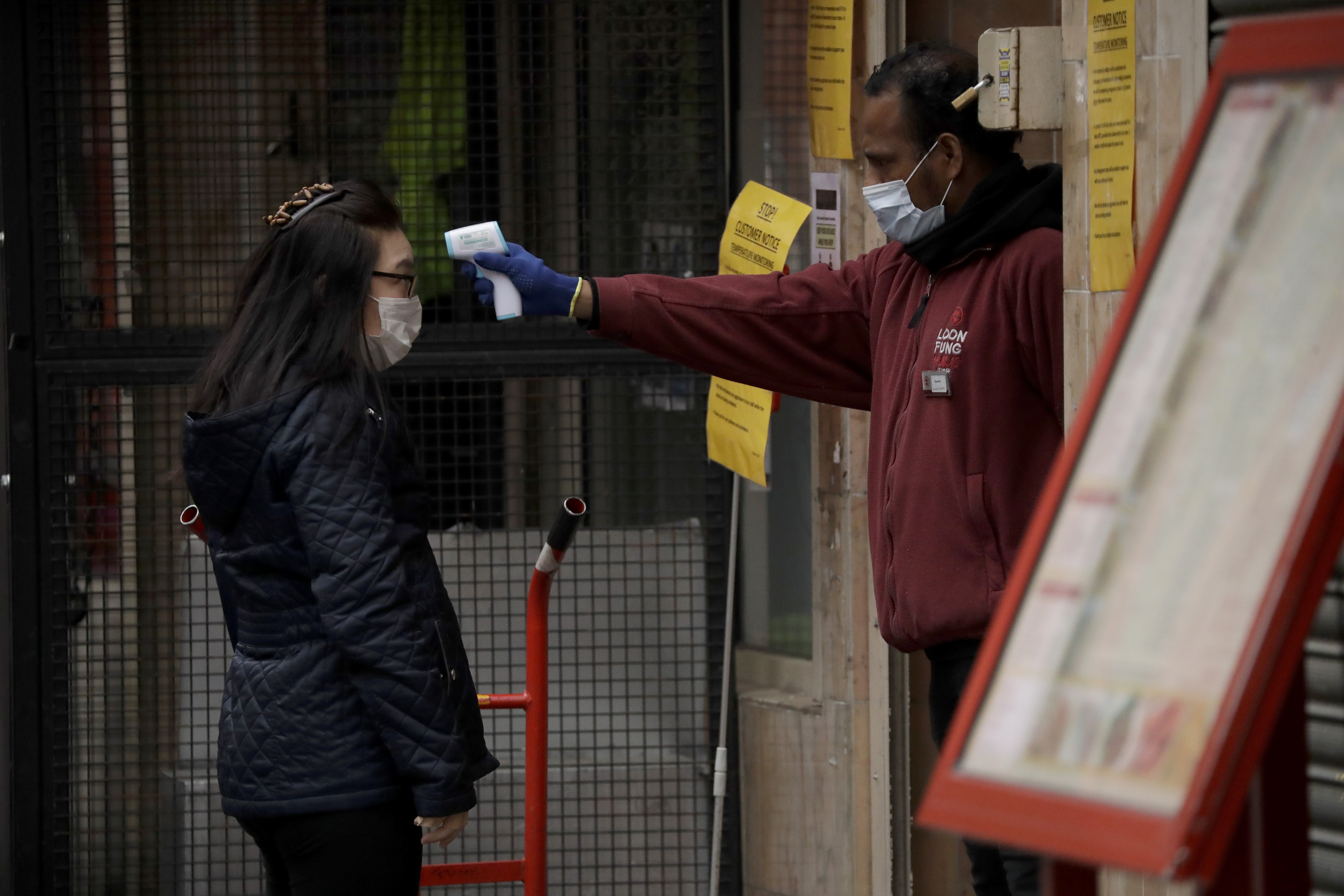The text messages to the Chinese activist streamed in from ordinary Wuhan residents, making the same extraordinary request: Help me sue the Chinese government. One said his mother had died from the coronavirus after being turned away from multiple hospitals. Another said her father-in-law had died in quarantine.
But after weeks of back-and-forth planning, the seven residents who had reached out to Yang Zhanqing, the activist, suddenly changed their minds in late April, or stopped responding. At least two of them had been threatened by the police, Yang said.
The Chinese authorities are clamping down as grieving relatives, along with activists, press the ruling Communist Party for an accounting of what went wrong in Wuhan, the city where the coronavirus killed thousands before spreading to the rest of China and the world.
Lawyers have been warned not to file suit against the government. The police have interrogated bereaved family members who connected with others like them online. Volunteers who tried to thwart the state’s censorship apparatus by preserving reports about the outbreak have disappeared.
“They are worried that if people defend their rights, the international community will know what the real situation is like in Wuhan and the true experiences of the families there,” said Yang, who is living in New York, where he fled after he was briefly detained for his work in China.
The crackdown underscores the party’s fear that any attempt to dwell on what happened in Wuhan, or to hold officials responsible, will undermine the state’s narrative that only China’s authoritarian system saved the country from a devastating health crisis.
To inspire patriotic fervour, state propaganda has portrayed the dead not as victims, but as martyrs. Censors have deleted Chinese news reports that exposed officials’ early efforts to hide the severity of the outbreak. And as more voices overseas call for China to compensate the rest of the world for the pandemic, the party has cast its domestic critics as tools being used by foreign forces to undermine it.
The party has long been wary of public grief and the dangers it could pose to its rule.
In 2008, after an earthquake in Sichuan province killed at least 69,000 people, Chinese officials offered hush money to parents whose children died. Following a deadly train crash in the city of Wenzhou in 2011, officials prevented relatives from visiting the site. Each June, the authorities in Beijing silence family members of protesters who were killed in the 1989 crackdown on the Tiananmen Square pro-democracy movement.
Now, some say the government is imposing the same kind of collective amnesia around the outbreak.
Three volunteers involved in Terminus2049, an online project that archived censored news articles about the outbreak, went missing in Beijing last month and are presumed to have been detained.
“I had previously told him: ‘You guys probably face some risk doing this project.’
“But I didn’t know how much,” said Chen Kun, whose brother, Chen Mei, is one of the volunteers who disappeared.
“I had said that maybe he would be summoned by the police for a talk, and they would ask him to take down the site,” he said. “I didn’t think it would be this serious.”
Chen said he had no information about his brother’s disappearance. But he had spoken to the relatives of one of the other missing volunteers, Cai Wei, who said that Cai and his girlfriend had been detained and accused of “picking quarrels and provoking trouble”, a vague charge that the government often uses against dissidents.
Reached by telephone on Tuesday, an employee at a police station in the Beijing district where Chen Mei lives said he was unclear about the case. The group’s site on GitHub, a platform popular with coders, is now blocked in China.
Volunteers for similar online projects have also been questioned by the authorities in recent days. In blog posts and private messages, members of such communities have warned each other to scrub their computers.
The organizers of another GitHub project, 2019ncovmemory, which also republished censored material about the outbreak, have set their archive to private.











